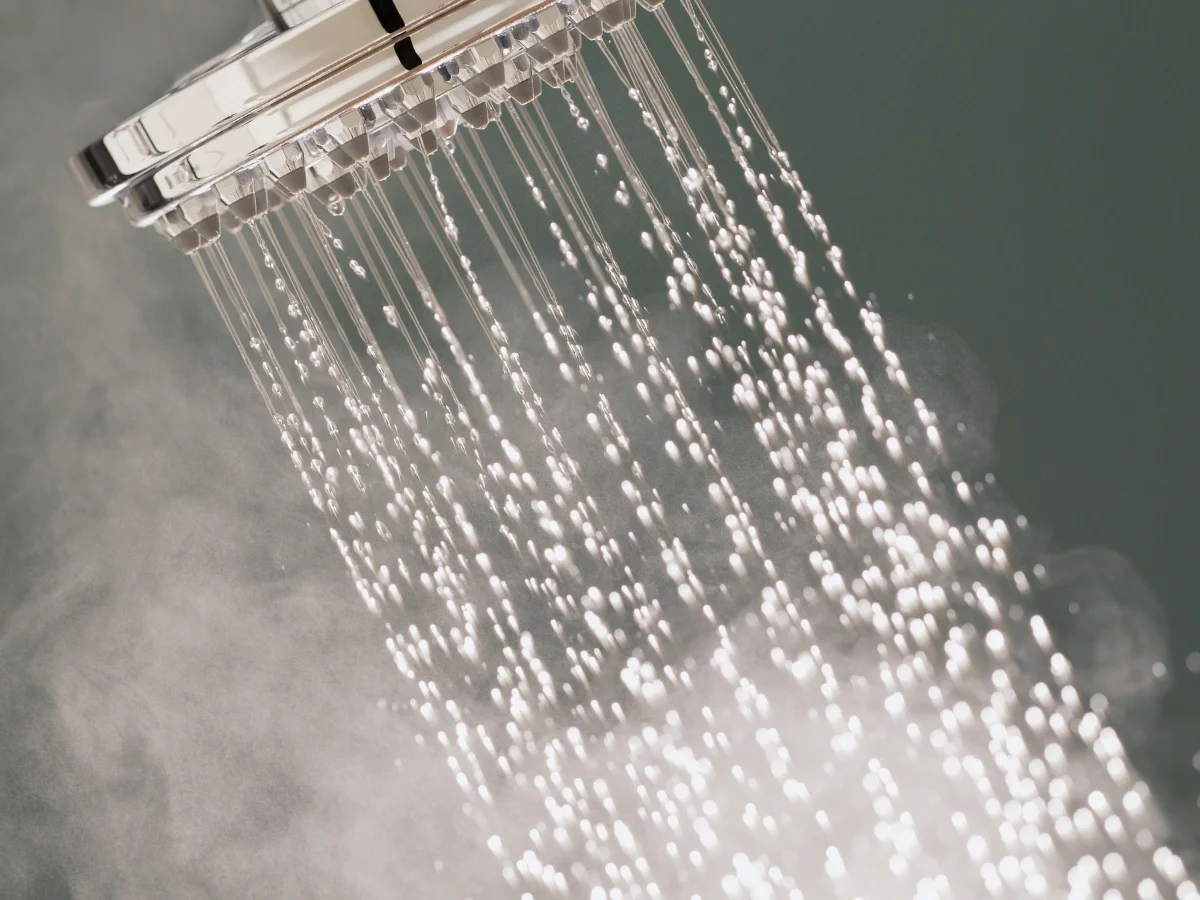Top 7 Surprising Everyday Habits That Cause Skin Damage
Everyone wants healthy, glowing skin, but it might surprise you to learn that some commonplace behaviors are undermining your efforts. Even seemingly harmless behaviors can cause long-term skin damage if they are repeated over time.
Let’s together look at seven common habits that harm your skin here and provide tips on how to keep it looking and feeling its best.
1. Overusing Your Cellphone
We spend a lot of time staring at our phones, But this practice can cause more skin damage than you realize. Talking on your phone while holding it against your face or resting it on your cheek can cause bacteria and debris to be transferred to your skin, causing irritation, clogged pores, and breakouts.
- Cellphones are breeding grounds for bacteria, collecting dirt, oil, and makeup from frequent handling.
- The blue light emitted from cellphone screens can trigger premature aging by causing oxidative stress, leading to wrinkles and sagging.
- Constant phone-to-skin contact can lead to friction and inflammation, worsening acne and redness.
Solution: Clean your phone screen regularly with antibacterial wipes and use hands-free devices like earbuds or Bluetooth to minimize direct contact with your skin. Also, consider reducing your screen time or applying a blue light filter to protect your skin from its harmful effects.
2. Not Washing Your Pillowcase Often
Your pillowcase might seem like a clean and safe place to rest your head, but it can be a hidden source of skin problems. Over time, pillowcases collect sweat, oil, dead skin cells, and bacteria from your skin and hair. These substances can transfer back onto your face during sleep, clogging your pores and causing breakouts.
- Dirty pillowcases harbor oil, dirt, and bacteria, which can lead to acne and skin irritation.
- Sleeping on rough or dirty fabrics can exacerbate skin conditions like eczema or rosacea.
- Even hair products you use can transfer to your pillowcase and then to your face, contributing to clogged pores.
Solution: Change and wash your pillowcase at least twice a week. Opt for gentle, breathable fabrics like silk or satin, which reduce friction and are less likely to absorb dirt and oil. Silk pillowcases can also help minimize the appearance of sleep lines and wrinkles.
3. Misapplication of Skincare Products
Even with a shelf full of high-end skincare products, using them incorrectly can do more harm than good. Whether it’s applying too much, layering products in the wrong order, or using harsh exfoliants daily, improper use of skincare products can lead to irritation, dryness, and even accelerated aging.
- Applying products in the wrong order can decrease their effectiveness. Serums should be applied before heavier creams, and sunscreens should always be applied last.
- Over-exfoliating your skin can strip it of its natural oils, weakening its protective barrier and making it prone to dryness and damage.
- Harsh scrubbing when applying products can stretch the skin, leading to premature wrinkles and sagging.
Solution: Learn the correct order for your skincare routine: cleanse, tone, apply serums or treatments, moisturize, and finish with sunscreen. Limit exfoliation to 2–3 times per week, and always be gentle when applying products, especially around the delicate areas like your eyes.
4. Skipping Sunscreen Indoors
Sunscreen isn’t just for sunny days at the beach. Harmful UV rays can still affect your skin indoors, particularly through windows. Many people underestimate how much sun exposure they get while indoors or during cloudy weather, leading to cumulative sun damage over time.
- UV rays can penetrate glass, meaning you’re still at risk of sun damage even if you’re indoors or in your car.
- Sun exposure is the leading cause of premature aging, causing fine lines, wrinkles, and dark spots.
- Regular sunscreen use helps prevent skin cancer and other sun-related skin conditions like hyperpigmentation.
Solution: Apply a broad-spectrum sunscreen with at least SPF 30 every morning, regardless of whether you’re going outside or staying indoors. Reapply every 2–3 hours if you’re sitting near windows or spending extended time outside.
5. Taking Hot Showers
While a hot shower may feel relaxing after a long day, it could be stripping your skin of its essential oils and leaving it dry and irritated. Hot water weakens your skin’s natural barrier, leading to dryness, flakiness, and even eczema flare-ups.

- Hot water strips natural oils from your skin, leaving it vulnerable to dryness and cracking.
- Prolonged exposure to hot water can weaken your skin’s protective barrier, leading to redness and sensitivity.
- This habit can also aggravate conditions like rosacea or psoriasis, making your skin more prone to flare-ups.
Solution: Switch to lukewarm water when bathing, and try to keep your showers shorter—no longer than 10 minutes. Always follow up with a moisturizer while your skin is still damp to lock in hydration and strengthen your skin barrier.
6. Rubbing Your Eyes
Rubbing your eyes may seem harmless, but it can lead to skin problems over time. The skin around your eyes is delicate and much thinner than the rest of your face, making it more susceptible to damage.
- Frequent rubbing can break down collagen and elastin fibers in the skin, leading to wrinkles and sagging.
- Rubbing your eyes can cause broken blood vessels, resulting in dark circles and puffiness.
- This habit can worsen conditions like dry eye syndrome and contribute to eye infections if bacteria are introduced.
Solution: Be mindful not to rub your eyes, especially if they feel itchy or irritated. Instead, use a cold compress or apply eye drops if you’re feeling discomfort. When applying eye cream or removing makeup, always use a gentle, patting motion to avoid damaging the skin.
7. Genetic Variation
While we can control many aspects of skincare, some of our skin’s behavior is hardwired into our genes. Genetics play a major role in determining how prone we are to certain skin conditions like acne, eczema, psoriasis, and even premature aging.
- Genetic predispositions can affect how our skin responds to environmental factors such as sun exposure and pollution.
- People with certain genes may be more prone to skin conditions like acne or eczema, making it harder to manage these issues with conventional skincare routines.
- Your genetics can also influence how your skin ages, how well it retains moisture, and its overall elasticity.
Solution: While you can’t change your genes, understanding your genetic risk can help you tailor your skincare routine to your specific needs.
Conclusion
Simple everyday habits like using your phone excessively, skipping sunscreen indoors, and taking hot showers can unknowingly harm your skin. For better insights into your skin genetics and features, you can use our skincare dna test kit. These practices, along with not washing pillowcases or misusing skincare products, may lead to premature aging, breakouts, and dryness. While genetics play a role in skin health, you can still mitigate damage by adjusting your daily routine, like using sunscreen, cleaning your phone, and practicing gentle skincare. Making these small changes can help maintain your skin’s health and youthful appearance.





